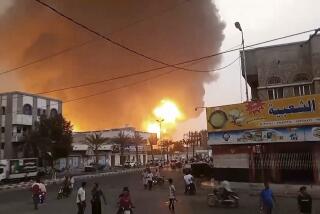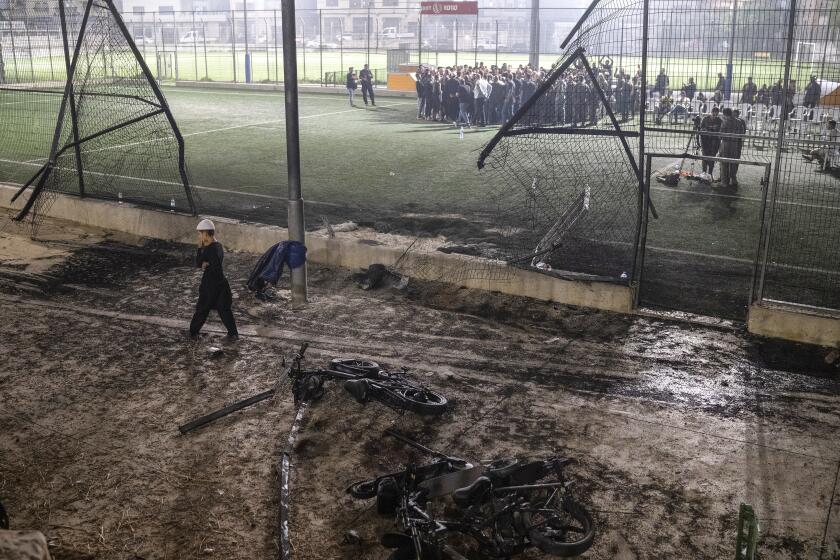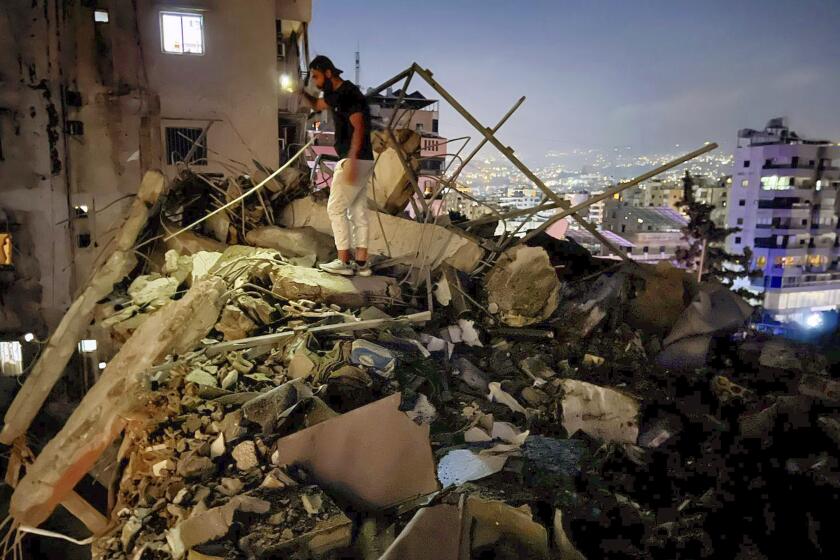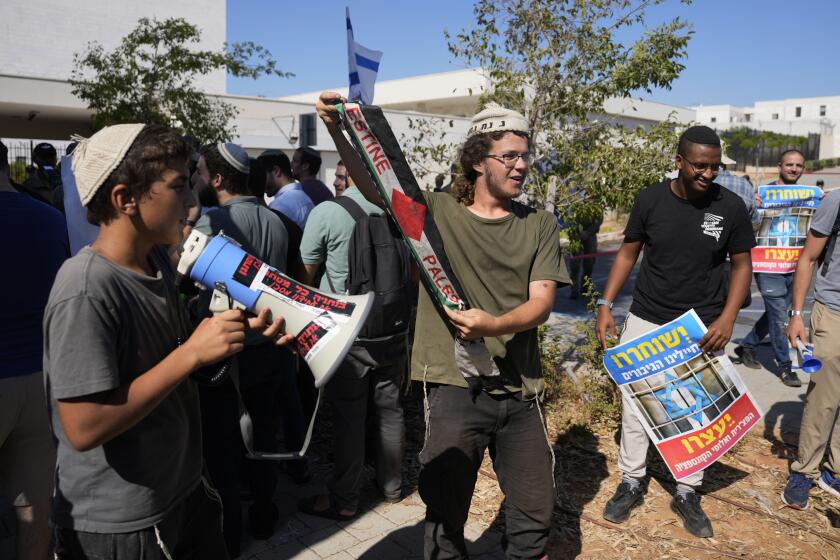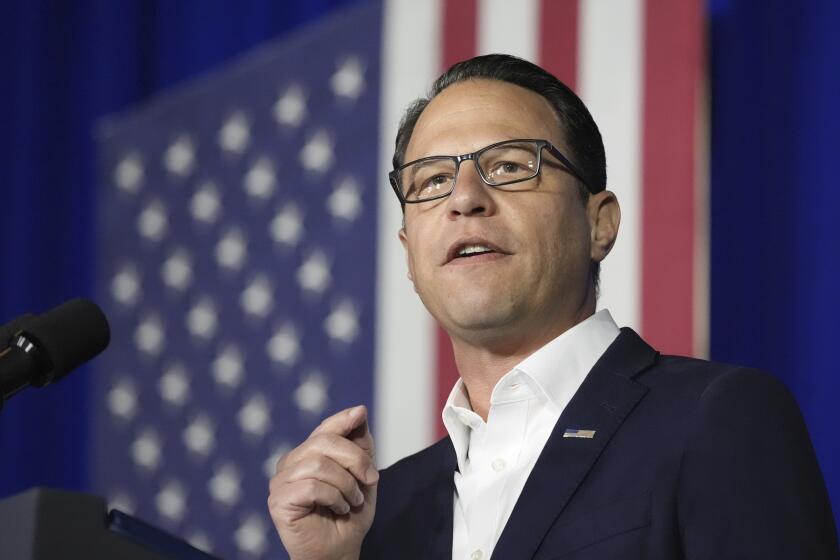Hamas says its leader Ismail Haniyeh was assassinated in Tehran by an Israeli airstrike
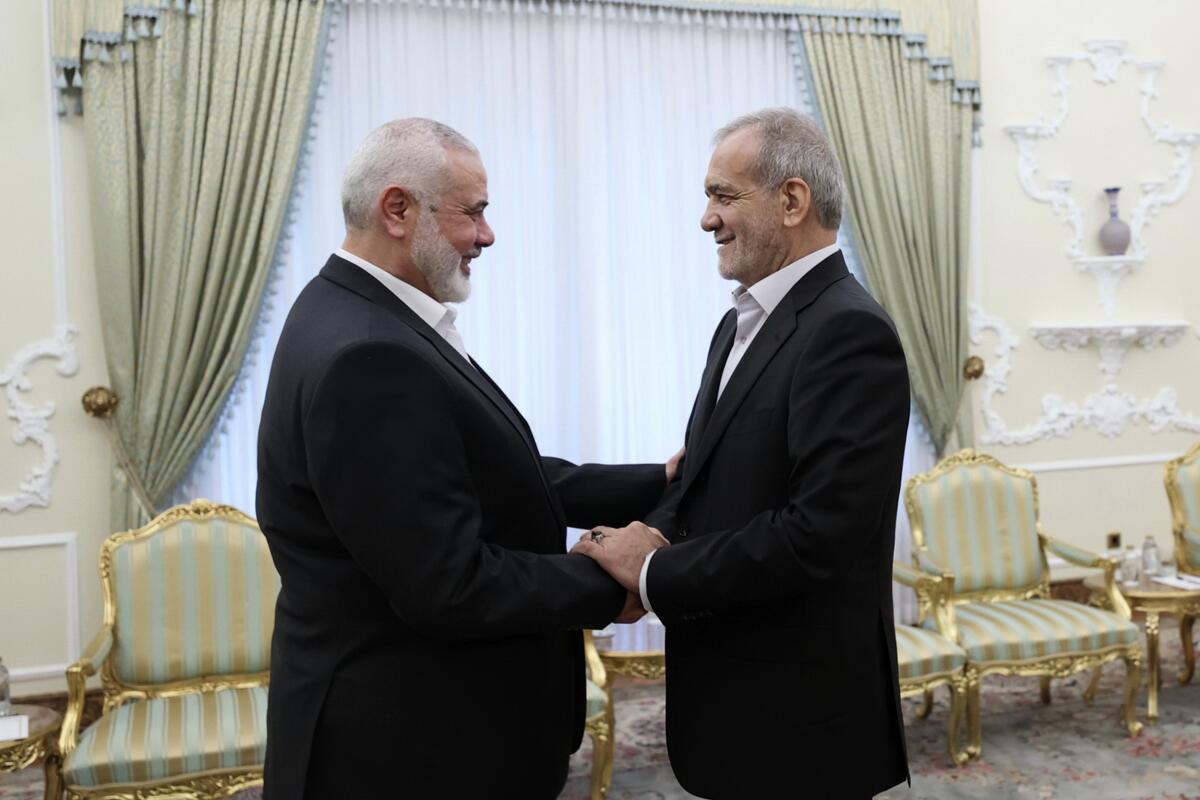
Hamas leader Ismail Haniyeh was assassinated in Iran after attending the inauguration of the country’s new president, Iran and the militant group said early Wednesday.
Hamas blamed an Israeli airstrike for the death of the head of the Palestinian militant group’s political bureau. Iran’s paramilitary Islamic Revolutionary Guard Corps said it was investigating the attack and did not say how it occurred.
Israel had vowed to kill Haniyeh and other leaders of Hamas over the group’s Oct. 7 attack on Israel that killed 1,200 people and took some 250 others hostage.
An Israeli military spokesman did not immediately respond to a request for comment. Israel often doesn’t comment on assassinations carried out by its Mossad intelligence agency.
Hamas said Haniyeh was killed “in a Zionist airstrike on his residence in Tehran” after he attended the swearing-in of Iranian President Masoud Pezeshkian on Tuesday, along with other officials from Hamas, Hezbollah and allied groups.
“Hamas declares to the great Palestinian people and the people of the Arab and Islamic nations and all the free people of the world, brother leader Ismail Ismail Haniyeh a martyr,” Hamas said in its terse statement.
In another statement, the group quoted Haniyeh as saying that the Palestinian cause has “costs” and “we are ready for these costs: martyrdom for the sake of Palestine, and for the sake of God Almighty, and for the sake of the dignity of this nation.”
Hamas officials did not immediately respond to requests for further comment.
In the West Bank, internationally backed Palestinian Authority President Mahmoud Abbas condemned Haniyeh’s killing, calling it a “cowardly act and dangerous development.” Political factions in the disputed territory called for strikes in protest of the killing.
Haniyeh left the Gaza Strip in 2019 and had lived in exile in Qatar. The top Hamas leader in Gaza is Yahya Sinwar, who masterminded the Oct. 7 attack.
In April, an Israeli airstrike in Gaza killed three of Haniyeh’s sons and four of his grandchildren.
In an interview with the Al Jazeera satellite channel at the time, Haniyeh said the killings would not pressure Hamas into softening its positions amid ongoing cease-fire negotiations with Israel.
The killing of Haniyeh comes after Israel carried out a rare strike on Beirut, which it said killed Fouad Shukur, a top Hezbollah military commander. Hezbollah has not confirmed Shukur’s death in the strike, which also killed at least one woman and two children and wounded dozens of other people.
The strike came amid escalating hostilities with the Lebanese militant group. The U.S. also blames Shukur for planning and launching the deadly 1983 Marine bombing in the Lebanese capital.
Meanwhile, Iraq’s Popular Mobilization Forces, a coalition of Iranian-backed militias, said that a strike Tuesday night on a base southwest of Baghdad killed four members of the Kataib Hezbollah militia.
The group accused the United States of being behind the strike. Kataib Hezbollah, along with some of the other militias, has in recent months carried out attacks against bases housing U.S. troops in Iraq and Syria in retaliation for Washington’s support for Israel in the war in Gaza. U.S. officials did not immediately comment.
There was no immediate reaction from the White House to the killing of Haniyeh. The apparent assassination comes at a precarious time, as the Biden administration has tried to push Hamas and Israel to agree to at least a temporary cease-fire and hostage release deal.
CIA Director William Burns was in Rome on Sunday to meet with senior Israeli, Qatari and Egyptian officials in the latest round of talks. Separately, Brett McGurk, the White House coordinator for the Middle East and North Africa, is in the region for negotiations with U.S. partners.
Israel is suspected of running a years-long assassination campaign targeting Iranian nuclear scientists and others associated with its atomic program. In 2020, a top Iranian military nuclear scientist, Mohsen Fakhrizadeh, was killed by a remote-controlled machine gun while traveling in a car outside Tehran.
In Israel’s war against Hamas since the October attack, more than 39,360 Palestinians have been killed and more than 90,900 wounded, according to the Gaza Health Ministry, whose count does not differentiate between civilians and combatants.
More to Read
Sign up for Essential California
The most important California stories and recommendations in your inbox every morning.
You may occasionally receive promotional content from the Los Angeles Times.
